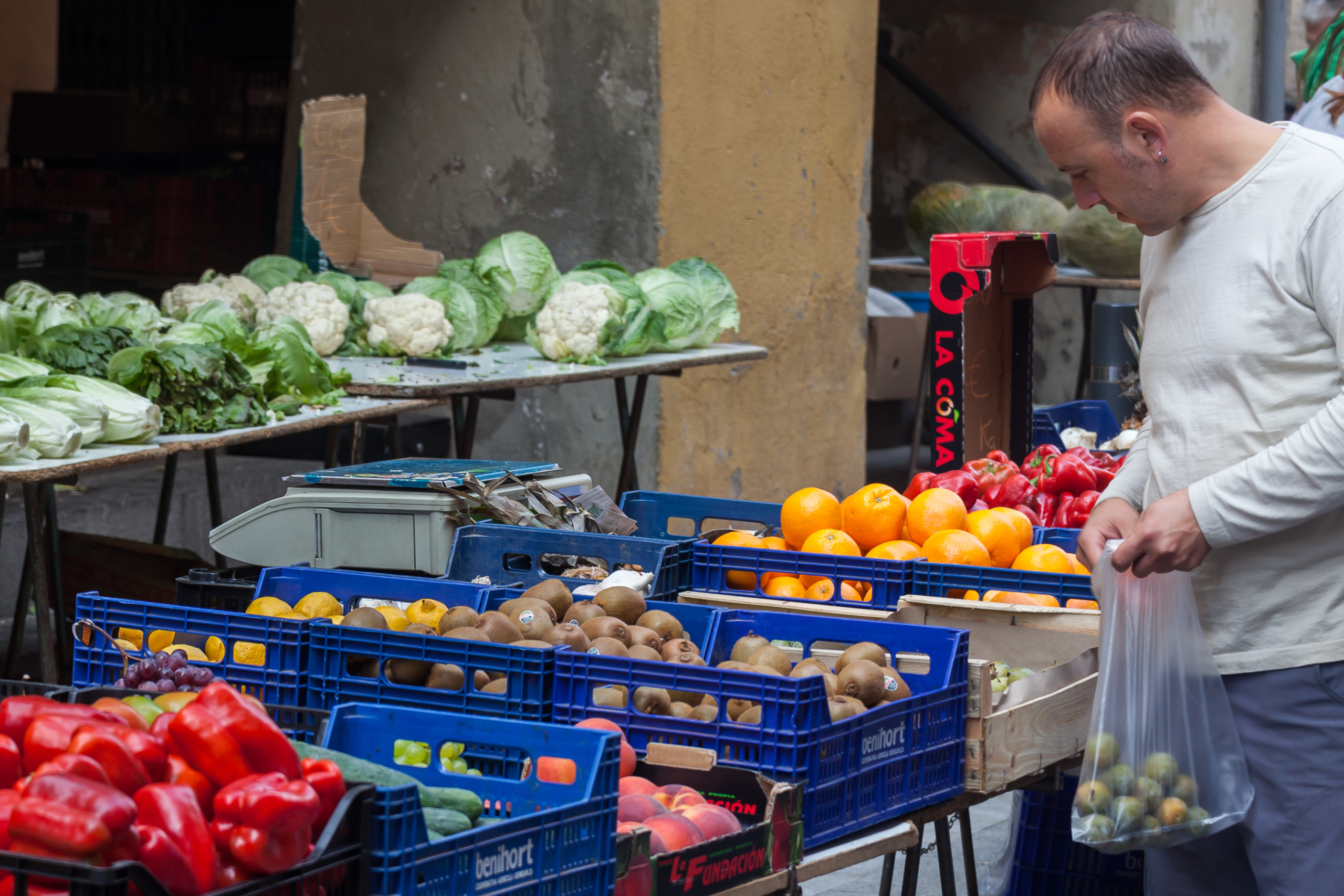The Approach of the Catalan Integral Cooperative to the Economy
 The Catalan Integral Cooperative (CIC) is a network of more than 600 interlinked but autonomous cooperatives and projects located in Catalonia, the easternmost region of mainland Spain. Despite being relatively unheard of, CIC boasts its own currency, legal infrastructure, food pantries, investment bank and more. Even more intriguing, it has the audacious mission of transforming the way we think about the global economy.
The Catalan Integral Cooperative (CIC) is a network of more than 600 interlinked but autonomous cooperatives and projects located in Catalonia, the easternmost region of mainland Spain. Despite being relatively unheard of, CIC boasts its own currency, legal infrastructure, food pantries, investment bank and more. Even more intriguing, it has the audacious mission of transforming the way we think about the global economy.
Background of the Catalan Integral Cooperative
While the 2008 financial crisis was global in scope, it hit Spain particularly hard: the unemployment rate skyrocketed from 8.2% in 2007 to 26.1% by 2013, while youth unemployment was above 55% by 2013. With a declining gross domestic product (GDP) and a ballooning national debt, the Spanish government instituted austerity measures in 2010. Actions included rolling back the welfare system and making hiring and firing easier for employers. Civil unrest swept the nation and Catalonia in particular.
The CIC was born in this milieu with the aim of creating an alternative economy based on the principles of direct democracy, transparency and cooperative ownership. While CIC dissolved as an organized entity in 2015, many of its autonomous components survive to this day. Here are three of its most fascinating components.
- The Catalan Supply Center (CAC): Started in 2012, the CAC constitutes one of CIC’s most successful undertakings. It consists of 20 self-managed pantries and about 70 small local producers, whose actions are coordinated via committee. Through logistical and transportation support, CAC’s main objective is to help small farmers get their products to markets and connect them with buyers. Thus with one project, CIC is working to both promote food security and boost small farmers’ incomes in the region.
- The Eco: The “eco” is the local currency used by CIC, in parallel with the Euro. In contrast to regular fiat currencies, the eco is not backed by any state. This leaves its value entirely dependent on its holders’ beliefs. The eco can be traded with other members of CIC’s various autonomous organizations for goods and services. In a testament to its success, CIC’s “eco-network” had more than 2,600 members as of April 2017.
- Casx: CIC’s investment bank—Casx, pronounced “cash” in Catalonian—is also highly unorthodox. For instance, the bank charges zero interest on loans. This entitles depositors to participate in deliberations on which projects to fund and makes all accounts fully visible to one another. Despite these limitations, deposits totaled more than $250,000 from 2012-2015.
Concluding Remarks
The CIC may have collapsed as an organization almost a decade ago, however, its legacy of furthering the public good endures by way of its numerous still-active offshoots and sub-organizations. Cooperative projects like CAC, the eco and Casx have sheltered living standards. Furthermore, they have boosted purchasing power in the region while granting valuable insight into both the promise and pitfalls of a post-capitalist economy.
– Kipling Newman
Kipling is based in Denver, CO, USA and focuses on Good News and Global Health for The Borgen Project.
Photo: Wikimedia Commons
